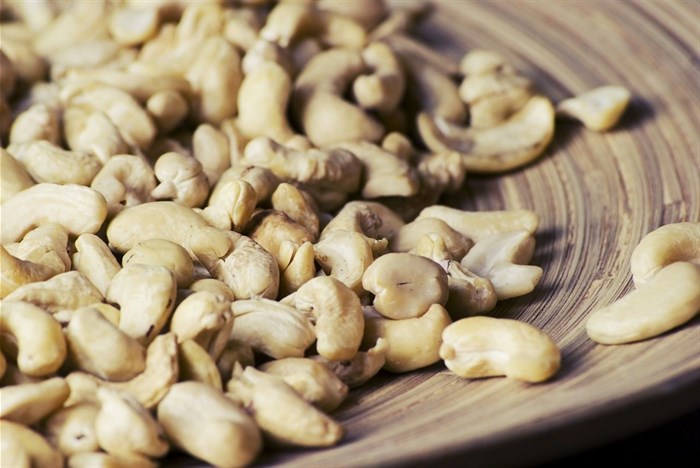The launch of the Sh240m European Union-funded cashew nut and sesame value chain project early in the week has revived hopes for 15,000 farmers in Kilifi, Kwale and Lamu counties.
The project to revive the once-vibrant cashew nut industry came exactly 20 after the collapse of the sole processor in Kilifi - Kenya Cashewnuts Factory. Though the old factory still breathes life after a new management, the Millennium Nuts Company took over, the industry has been on a downward spiral.
Most farmers cut their orchards for firewood when the factory collapsed in 1998. Farmers and former employees blame the management of the factory for its privatisation in 1993 and eventual collapse. "It was painful. With the closure of the factory, there was no processor ready to take our nuts. That's when we decided to cut the trees and sell them as firewood to the salt mines in Malindi and Magarini," said Karisa Gona, one of the farmers who attended the launch.
More than 80% of Kilifi residents lost their livelihoods when the factory collapsed, according to Governor Amason Kingi. "So huge was the industry that farmers controlled 45% of its stake, with the government having the rest," Kingi said.
"Shares were bought fraudulently by an investor before they were used as collateral for a bank loan. When the company failed to repay the loan, the factory was sold for Sh50m. Even what remained of the factory was sold as spares for other processors like the cashew nut plant in Mtwara, Tanzania."
Lucrative cashew nut industry
At its height, the factory had 3,000 workers and processed more than 30,000 tonnes of cashew annually. The cashew nut industry contribution to the country's GDP was almost four per cent. So lucrative was the industry that Kilifi farmers through their co-operative owned Sinbad Hotel in Malindi.
The hotel collapsed when the factory closed. Over the years, efforts to revive the industry have failed, with leaders citing lack of commitment by the government, farmers' unwillingness to plant hybrid orchard, aging trees and lack of market.
However, with the coming on board of the EU and the Visegrad Group (v4), a firm owned by Czech, Hungarian, Slovak and Polish governments, farmers feel the project might work.
Stefano Antonio Dejac, the EU ambassador to Kenya, said there is enough market for cashew nuts in Europe. "The industry has had problems but let us come together and make the project a success," Dejac said, adding that 20% of Kenya's exports end up in the EU.
Cashew nut plantations
First on the list of the project would be establishing cashew nut plantations. A hybrid cashew variety which matures fast will be introduced. According to Frank Omondi, the director of Tenses Africa, one of the companies entrusted to lead the programme, five million cashew trees would be planted in five years.
This is beside rejuvenating another two million orchards through topping and grafting. "We want to have the raw material before building the factory," Omondi said.
It takes five to seven years for indigenous cashew nut tree species to reach maturity and three to five years for hybrid breeds to start producing nuts.
Read the original article on Nation.


























